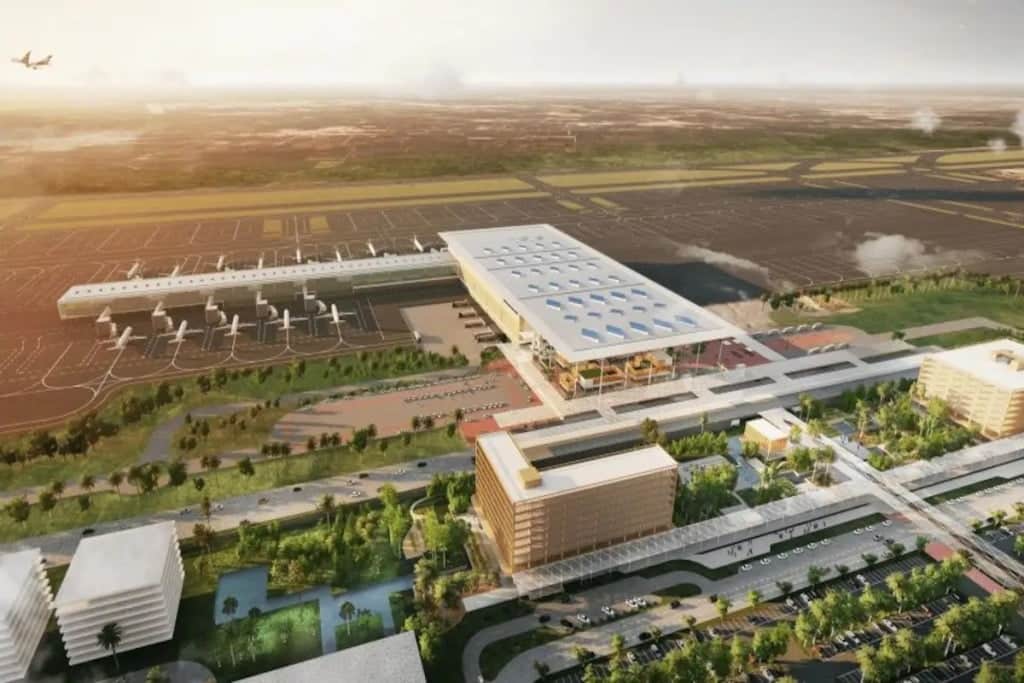Table of Contents
Noida International Airport – A Modern Airport with Advanced Operational Capabilities
The Noida International Airport, commonly known as Jewar Airport, is a visionary aviation project set to transform the landscape of air travel in the Delhi-NCR region. With state-of-the-art facilities and advanced operational capabilities, Modern Airport aims to deliver a seamless and efficient travel experience for passengers while addressing the growing demand for air connectivity in the region. This blog will delve into the key operational aspects of Jewar Airport that set it apart from other airports in India.
Advanced Air Traffic Management:
Jewar Airport is designed to accommodate the latest air traffic management technologies and systems, ensuring efficient airspace utilization and minimizing delays. The airport will be equipped with cutting-edge navigational aids and communication systems to facilitate smooth air traffic control operations.
Runway and Taxiway Infrastructure:
The airport’s runway and taxiway infrastructure will be built to accommodate a wide range of aircraft types, from narrow-body planes to large wide-body jets. With multiple runways and a well-designed taxiway system, Jewar Airport will be able to handle a high volume of aircraft movements, reducing congestion and wait times.
Modern Airport Terminal Facilities:
Jewar Airport’s passenger terminals will be designed with a focus on functionality, convenience, and passenger comfort. Key features include spacious check-in areas, advanced security screening facilities, ample seating, and a wide range of retail and dining options. The airport will also offer state-of-the-art baggage handling systems and efficient boarding processes to minimize delays and enhance the overall passenger experience.
Cargo Handling Capabilities:
The airport is set to become a major cargo hub, with dedicated cargo terminals and advanced logistics facilities. Jewar Airport will have the capacity to handle a significant volume of cargo traffic, offering efficient and streamlined cargo handling processes to facilitate the rapid movement of goods and support the growth of trade and commerce in the region.
Connectivity and Ground Transportation:
Jewar Airport will be well-connected to the surrounding areas through a comprehensive network of highways, expressways, and public transportation. The airport’s ground transportation infrastructure will be designed to accommodate various modes of transport, including buses, taxis, and private vehicles, ensuring easy access to and from the airport.
Sustainable Operations:
Jewar Airport is committed to sustainable operations, implementing eco-friendly practices and technologies to minimize its environmental impact. The airport will focus on energy efficiency, water conservation, waste management, and the use of renewable energy sources to reduce its carbon footprint and promote sustainable aviation.
The Noida International Airport (Jewar Airport) is set to become a leading aviation hub in India, with advanced operational capabilities that cater to the evolving needs of passengers and airlines. By combining state-of-the-art infrastructure, cutting-edge technology, and a commitment to sustainability, Jewar Airport is well-positioned to drive the growth of air travel in the region while setting new standards for operational excellence in the aviation industry.



